Russian Foreign Minister Sergey Lavrov said on June 13 that building a gas hub in Türkiye could help solve the global energy crisis, while exporting agricultural products to the “poorest” countries under the Black Sea Grains Initiative could contribute to solving the global food crisis.
Speaking at an online ministerial meeting of the Black Sea Economic Cooperation Organization (BSEC), Lavrov said that Western sanctions were the reason for both crises.
“The Russian side announced important initiatives to overcome the current crises in the energy and food sectors in poor countries of the Southern Hemisphere, caused by the illegal sanctions of the Western collective and their previous systematic miscalculations,” the Russian Foreign Minister said.
“Specifically, this is the establishment of a gas distribution hub in Türkiye and the prioritization of agricultural exports to the poorest countries as part of the Black Sea Grains Initiative agreement.”
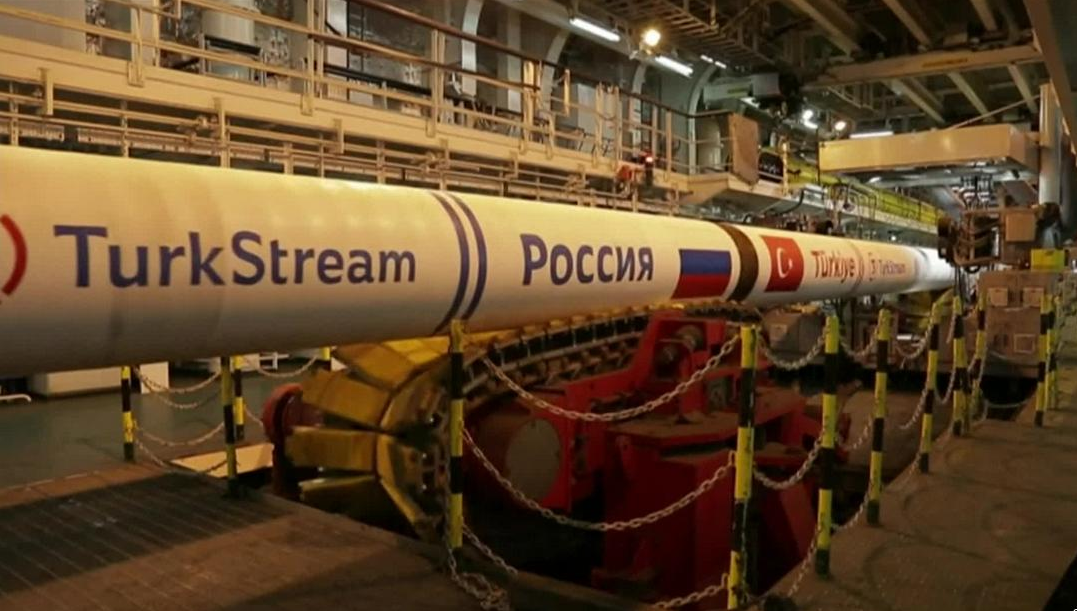
TurkStream, consisting of two parallel pipelines, starts from the Russian coast, runs more than 930 km across the Black Sea and lands in the Turkish region of Thrace, supplying energy to Türkiye, Southern and Southeastern Europe. Photo: DW
According to the Russian Foreign Ministry, at the meeting, top diplomats in the BSEC discussed current issues and noted certain progress on a number of issues suspended from the agenda under the rotating presidency held by Serbia in the first half of 2023, while emphasizing the importance of more active efforts on the draft of a new regional energy strategy.
The Russian Foreign Minister outlined Moscow's approaches to cooperation within the BSEC and stressed the importance of diversifying the organization's external relations on the basis of equality, fairness and mutual benefit, enhancing its role as an independent economic center.
The next meeting of BSEC foreign ministers is scheduled to take place in the second half of 2023 in Türkiye.
The Black Sea Economic Cooperation Organization (BSEC) consists of 13 members: Albania, Armenia, Azerbaijan, Bulgaria, Croatia, Georgia, Greece, North Macedonia, Romania, Russia, Serbia, Türkiye and Ukraine.
The idea of a gas hub in Türkiye was first proposed by Russian President Vladimir Putin in October last year as an alternative route for gas supplies to Europe. The plan has been enthusiastically supported by Turkish President Recep Tayyip Erdogan, but experts say a number of technical issues could hinder its implementation.
Russian gas is currently exempt from sanctions because so many European countries rely heavily on it. However, EU countries are looking to minimize that dependence. So if Turkey becomes an energy hub that includes Russian gas, Western leaders fear that Europe could end up importing the very Russian gas they are trying to wean themselves off .
Minh Duc (According to Anadolu Agency, TASS, DW)
Source








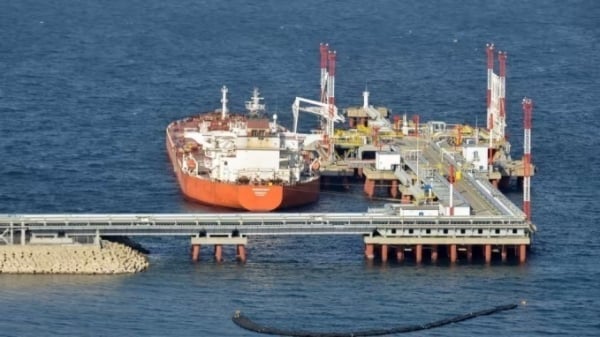

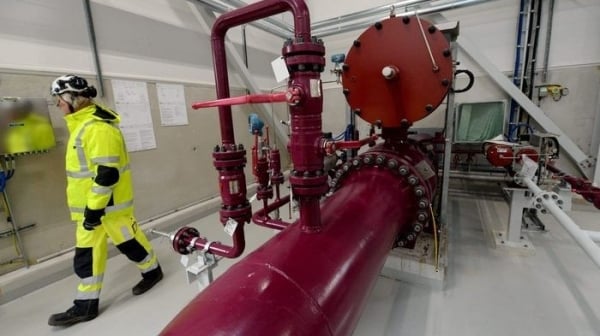
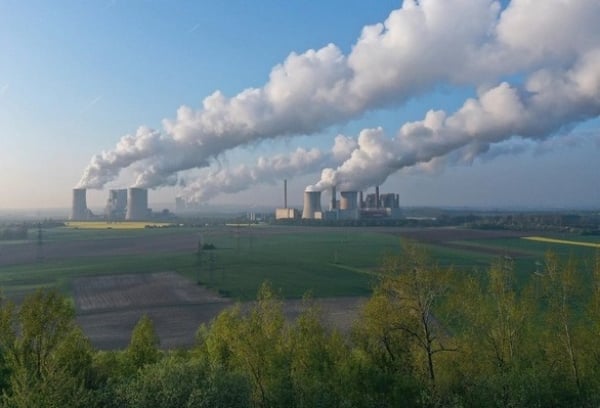
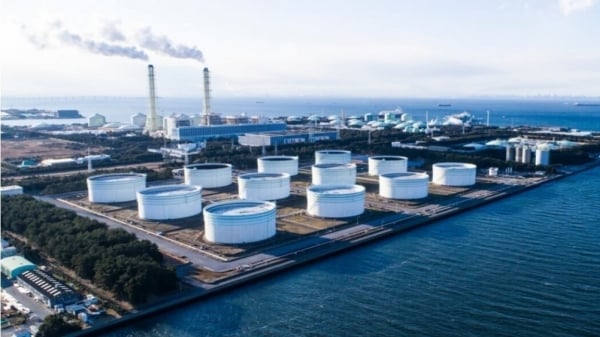
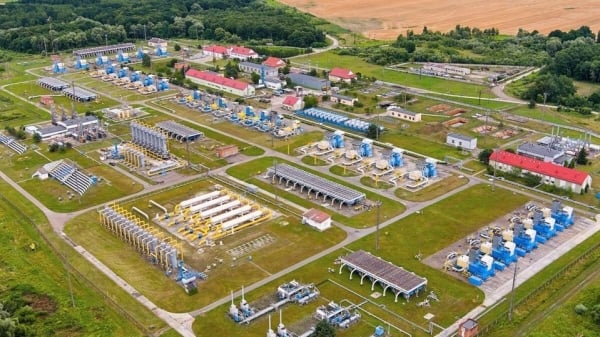
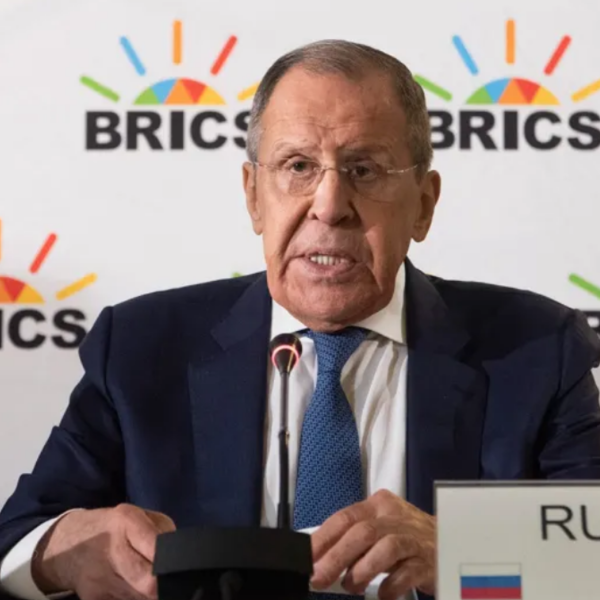
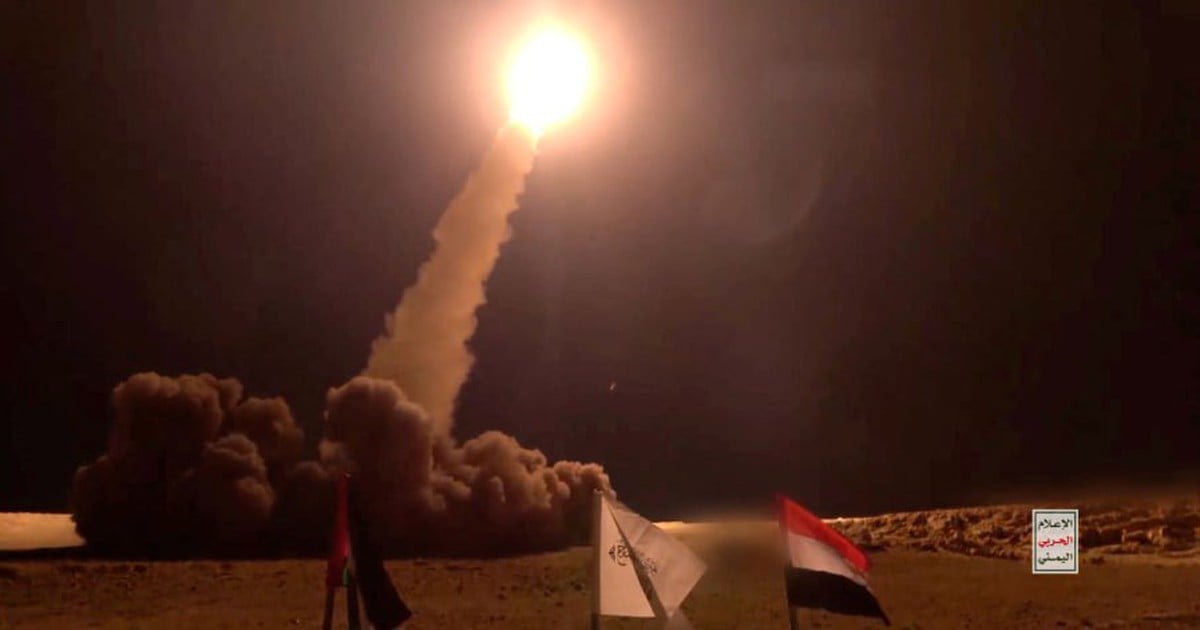


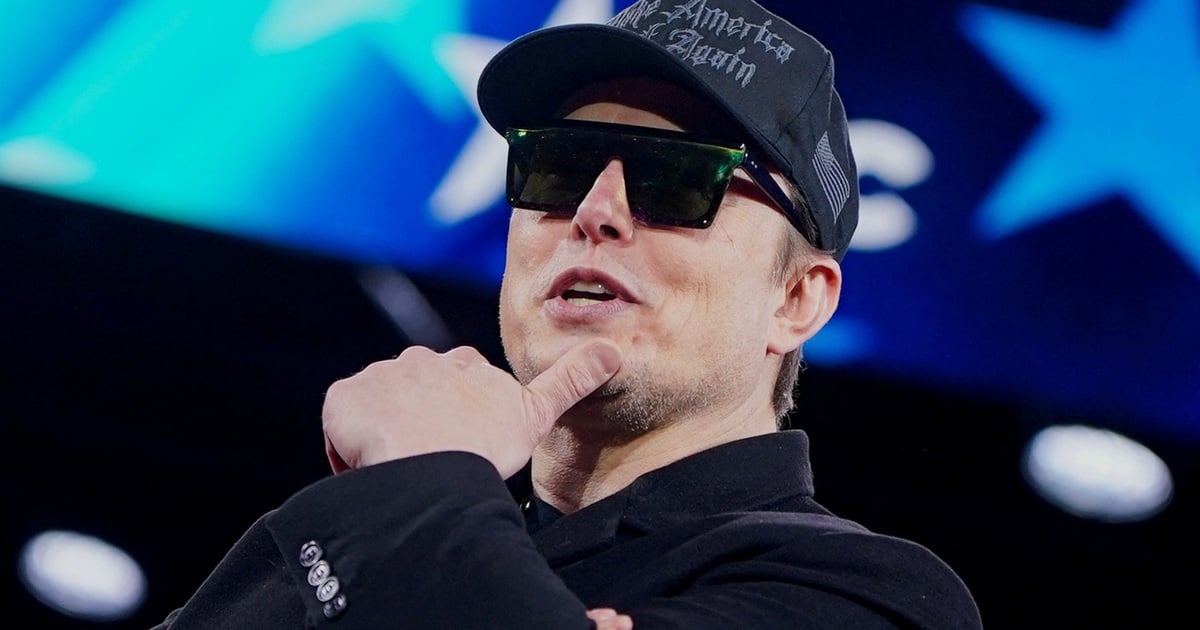
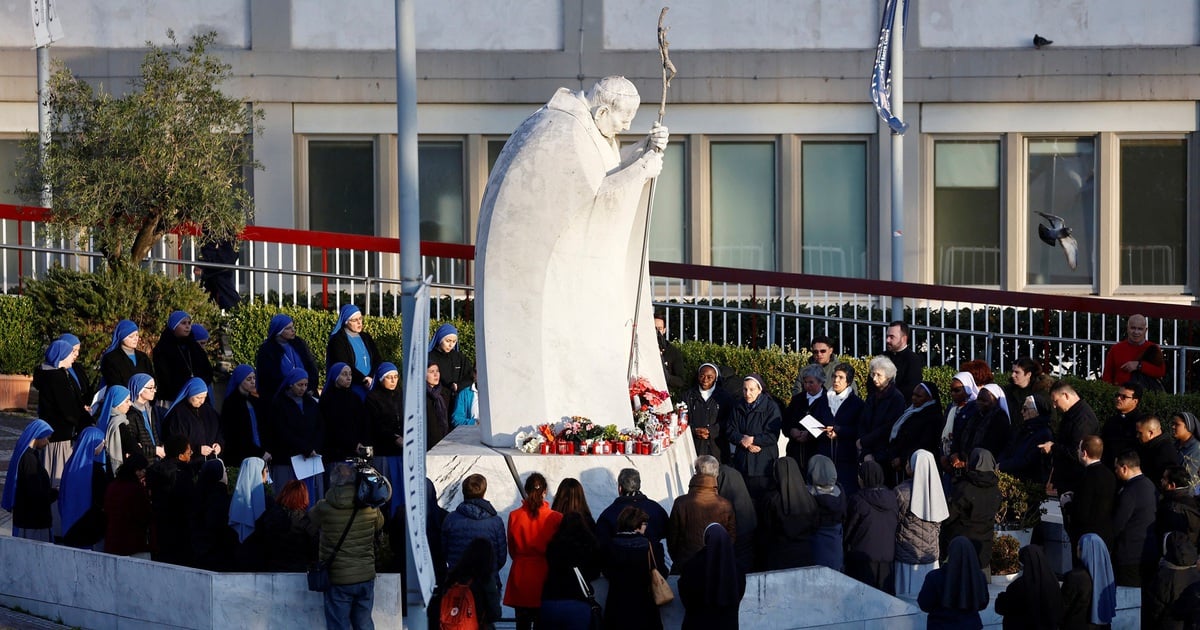
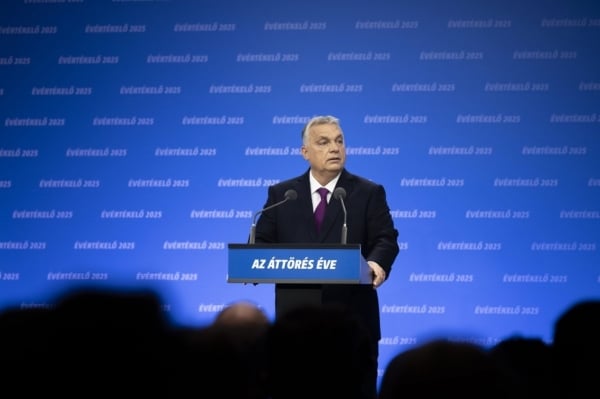
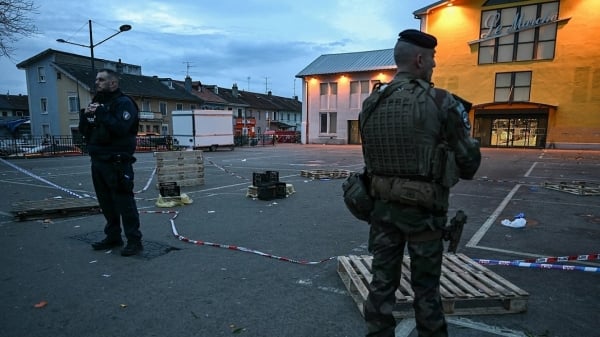


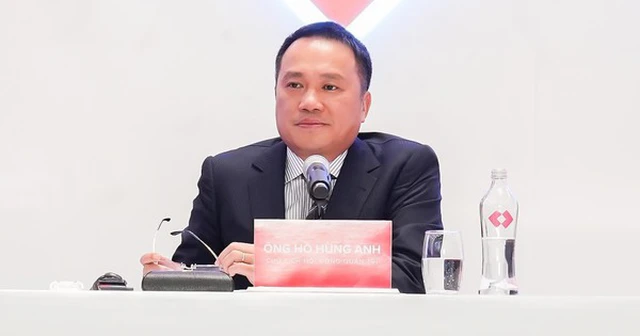
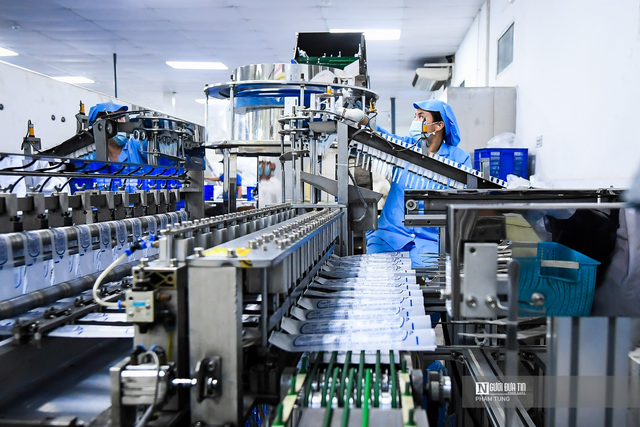
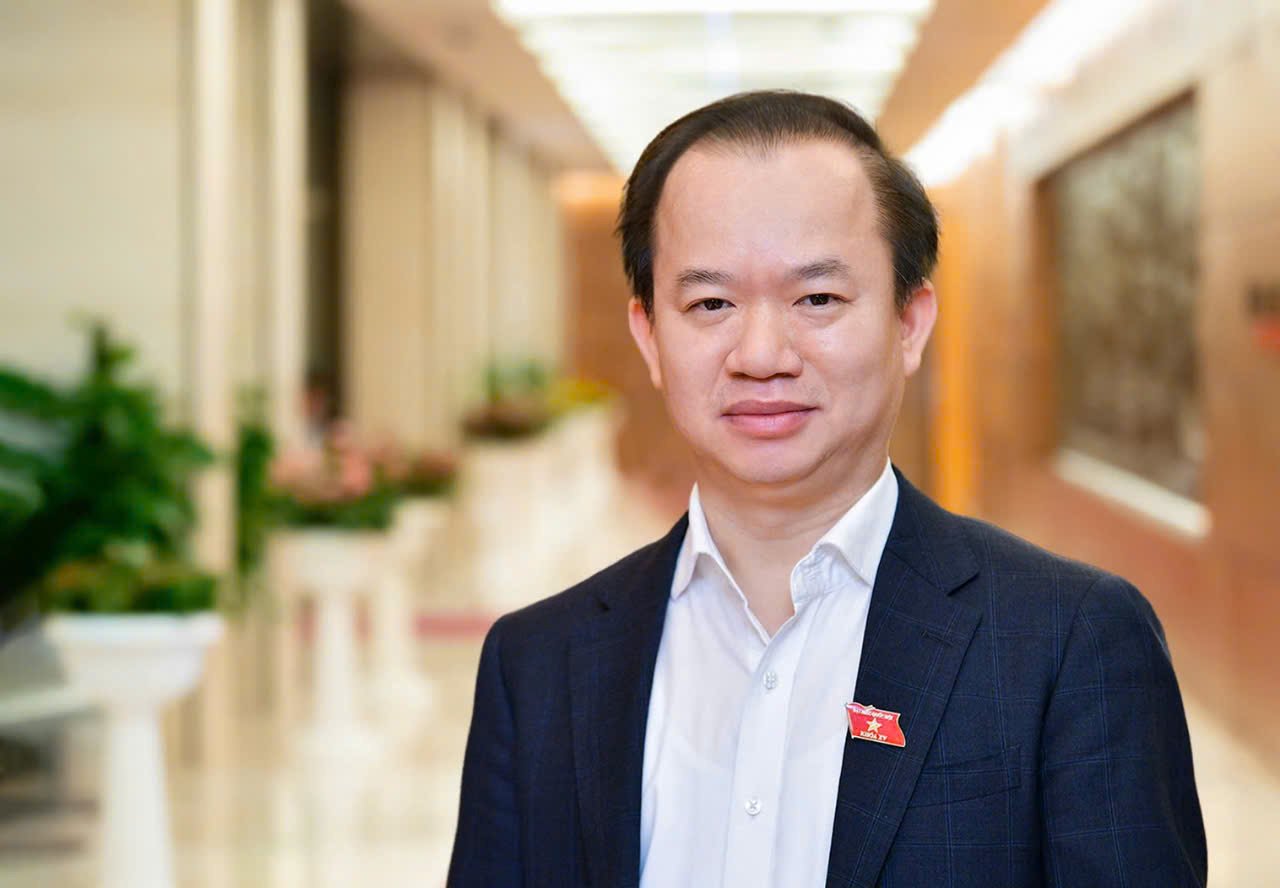
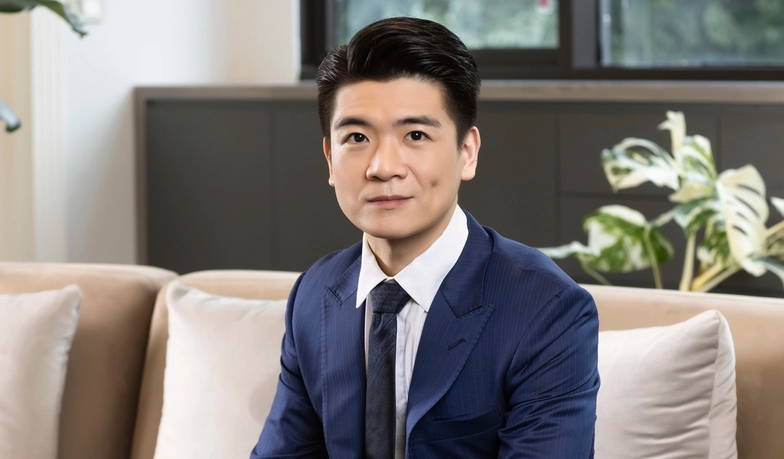
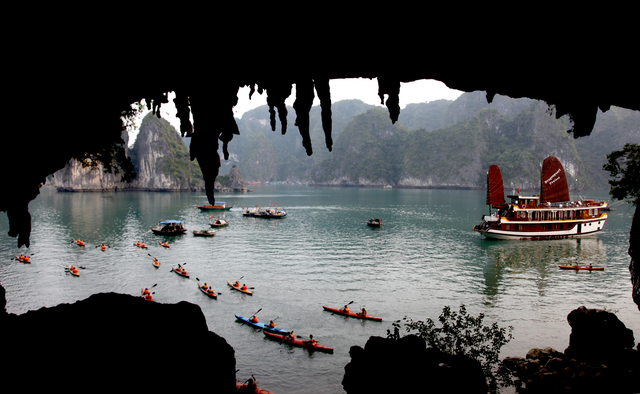








![[Photo] Prime Minister Pham Minh Chinh chairs Government Conference with localities on economic growth](https://vstatic.vietnam.vn/vietnam/resource/IMAGE/2025/2/21/f34583484f2643a2a2b72168a0d64baa)




























































Comment (0)